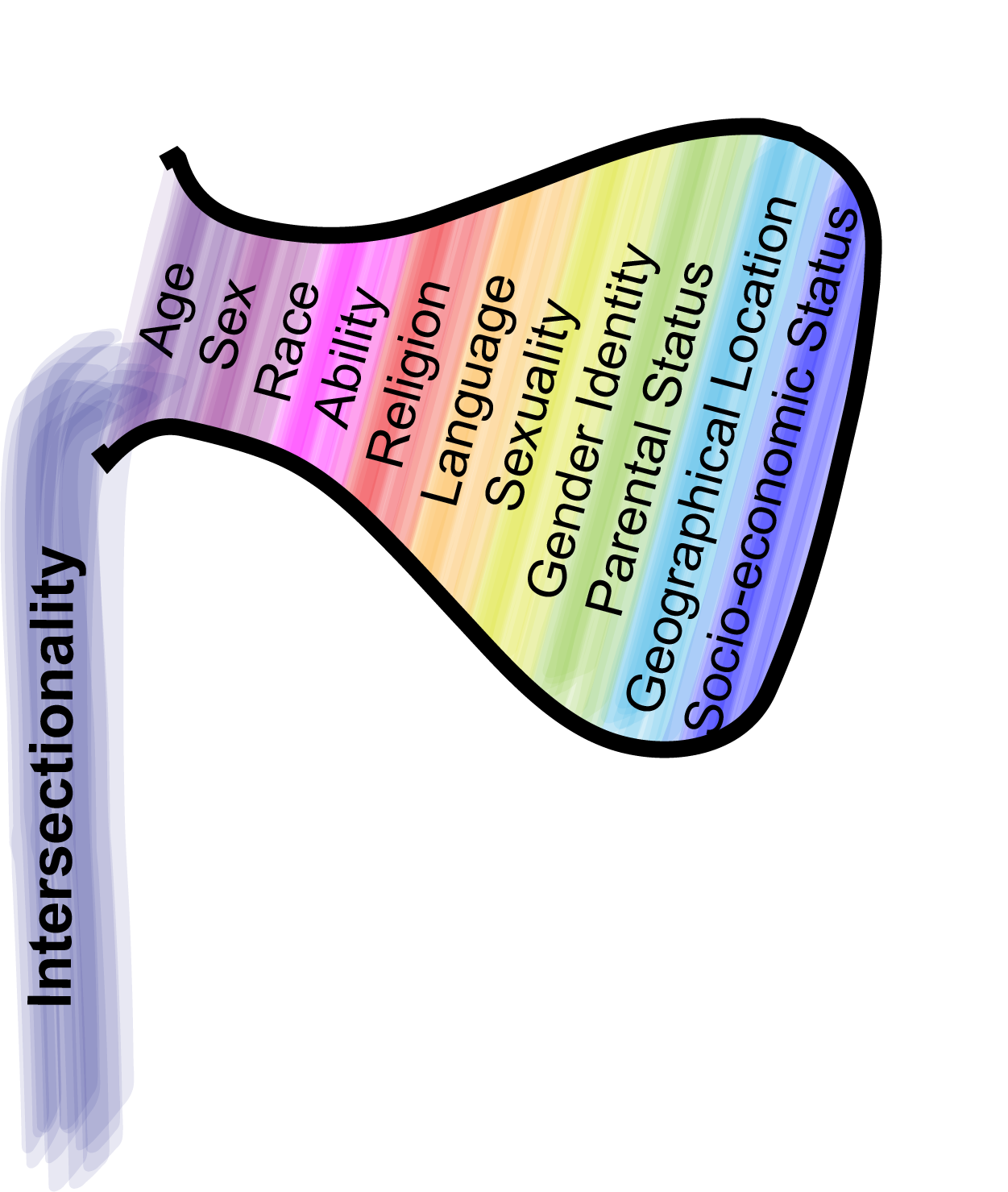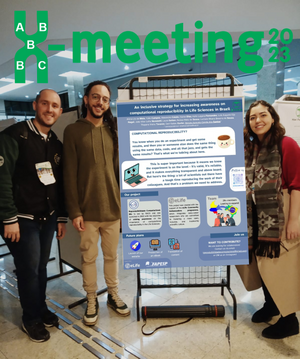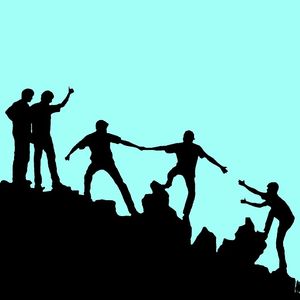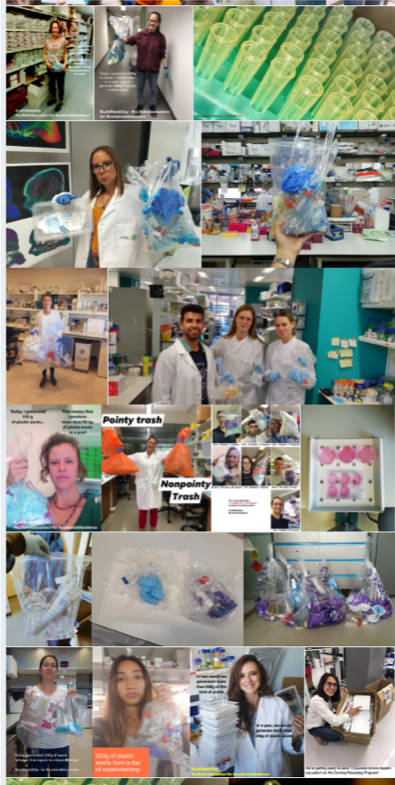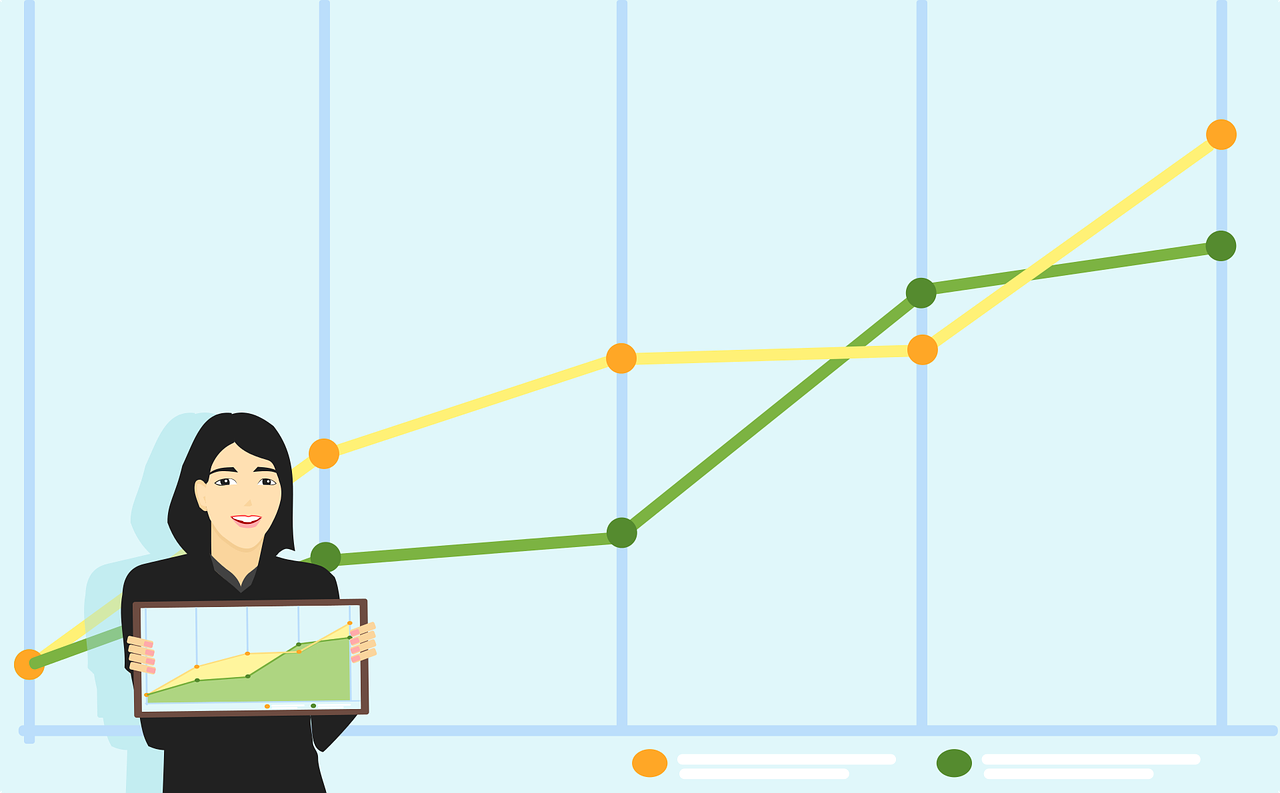This is the first year for the Intersectionality Initiative for the eLife Community Ambassadors. The aim of our initiative is to promote diversity and inclusion within sciences using an intersectional approach.
Unique from other diversity initiatives, we aim to promote the interconnected identities of individuals.
To this end, we have various projects we are undertaking. These include:
- Writing blogs to introduce the topic of intersectionality in STEM and other aspects of our work (lead by Sarah Hainer). Our first blog will be out in early 2020, followed by a few more.
- Generating an introductory presentation to intersectionality in science to present as a webinar and to allow ambassadors to present to their own institutes (lead by Sarah Hainer). We hope to disseminate to the academic community in mid-2020.
- Generating a template of an inclusive lab expectations document that we will disseminate to academics (lead by Sarah Hainer). We hope to complete these documents in early 2020.
- Generating inclusive guidelines for granting agencies, manuscript reviewers, reference letter writers, hiring personnel, and mentoring that we will disseminate to academics (lead by Sarah Hainer). We hope to complete these documents in early 2020.
- Putting together a conflict resolution manual (lead by Renuka Kudva, Feyza Nur Arslan, and Sarah Hainer). We hope to have this complete to share with the academic community in mid-2020.
- Performing, analyzing and disseminating a survey on ECR parental leave (lead by Freyja Olafsdottir). With analysis now underway, we hope to share the results in early 2020.
- Hosting book clubs on a selection of titles that inspire discussion of various biases (lead by Sarah Hainer). We have discussed Invisible Women by Caroline Criado-Perez, and will discuss The Autobiography of a Transgender Scientist by Ben Barres in early 2020 and Superior by Angela Saini in early/mid-2020. Look out for date announcements if you’d like to join the discussions.
Through these multiple mechanisms, we hope to provide examples, materials, and information to academics to promote greater inclusion in science.
Members involved in this initiative:
Sarah Hainer, Freyja Olafsdottir, Renuka Kudva, Lotte de Winde, Ashley Albright, Nick Leigh, Stephanie McKenna, Babak Momeni, Pawel Grzechnik, Sarvenaz Sarabipour, Feyza Nur Arslan, Florencia Fernandez Chiappe, Alison Twelvetrees, Vera Dunlock, Amreen Mughal, Stephanie Moon, Melissa Armstrong

